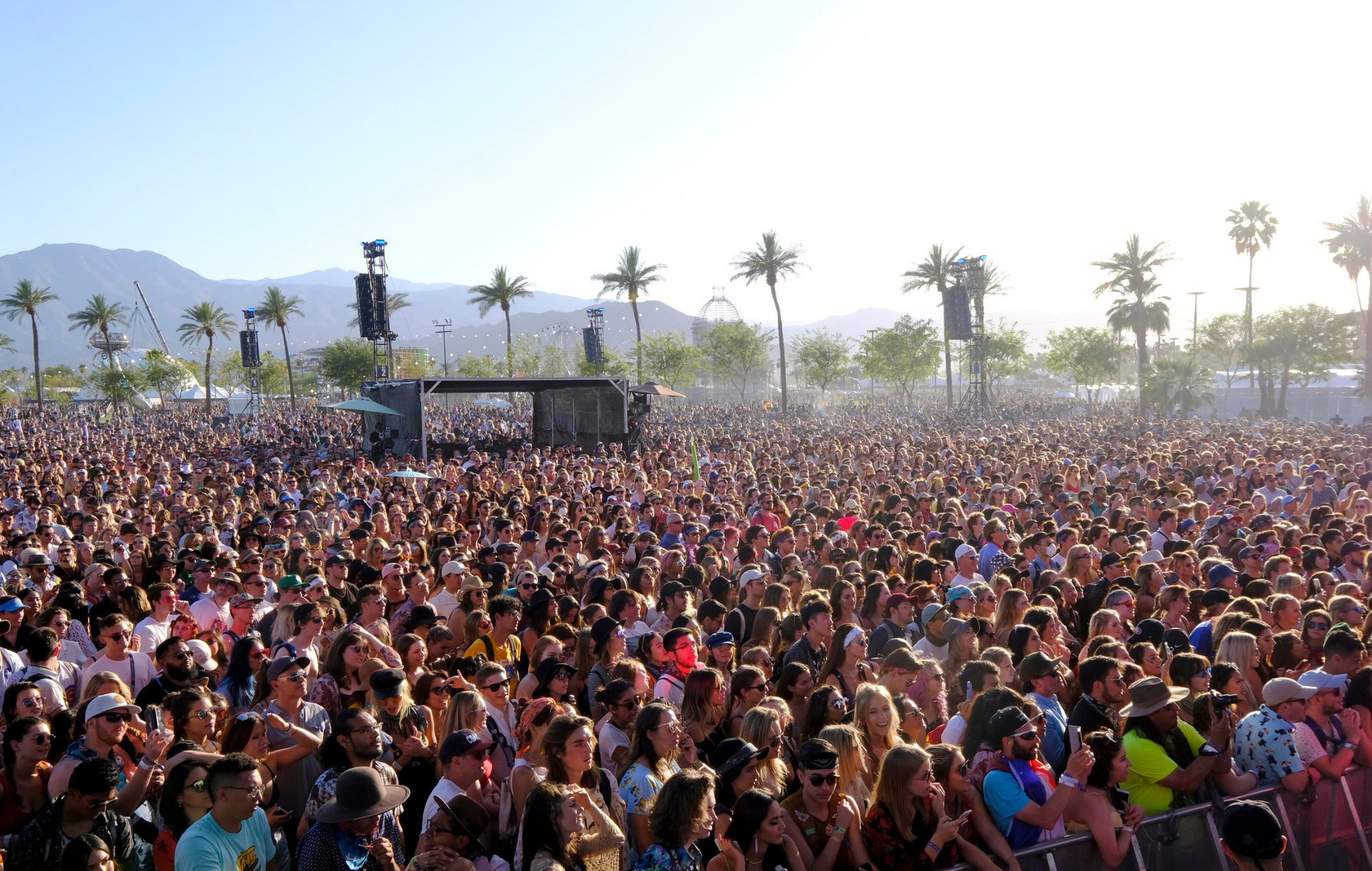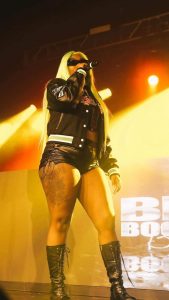US visa petition fees are set to increase by over 100 per cent this year, impacting international musicians hoping to work in the country.
READ MORE: Brexit – UK government warned musicians and crew “could find themselves unemployed en masse”
The increases are set to go into effect from April 1, and will see the petition-based O and P visas surpass the $1000 (£797) for the first time.
O visas apply to those deemed as “extraordinary” talent in the business, entertainment, sports and arts sectors, and enable applicants to work in the US for up to three years. This has risen by 129 per cent, originally costing $460 (£366) and now totalling $1,055 (£841).
P visas, which allow artists to work in the country for a shorter time frame will increase by 121 per cent, from $460 (£366) to $1,015 (£809).
Although the inflated fees are staggering, initially, the increases were meant to be even higher – with plans to jump fees by a further $600 (£478), which would have made it a 250 per cent rise.
The plans to enforce the extreme changes were thrown into question and ultimately delayed, after the US Citizenship and Immigration Services (USCIS) faced widespread backlash from the National Independent Venue Association. The criticism outlined how the inflated fees would pose “a severe economic and cultural threat to independent live entertainment” across the country.
It was also contested by the #LetTheMusicMove campaign, which labelled the changes as “crippling” for artists. “In the midst of the ongoing cost of living crisis and with the live sector still recovering from the impacts of COVID-19, it would make performing in the world’s biggest music market unaffordable for many emerging and mid-level artists,” they explained last year.
A crowd listens to headliners Swedish House Mafia perform on the last day at Coachella on Sunday, April 17, 2022 in Indio, CA. (Dania Maxwell / Los Angeles Times via Getty Images)
With the change arriving in April, this will be the first increase in visa fees since 2016, and has been implemented to “recover its operating costs more fully and support timely processing of new applications” according to USCIS.
“Unlike many other federal agencies, we are almost entirely fee-funded” it added (via DJ Mag). “Approximately 96 per cent of our funding is from filing fees, and only about four per cent is from congressional appropriations.”
Other changes going into effect on April 1 include a new Asylum Programme Fee of $600 (£478) for sponsoring employers filing the I-129 form – a requirement for O and P visas. Nonprofits and smaller employers (25 or fewer full-time employees)
will pay half of the I-129 fee.
Additionally, processing fees for faster responses to applications will jump from $2,500 (£1,993) to $2,805 (£2,236) on February 26. This arrives as the premium processing window expands from 15 days to 15 business days.
Find a breakdown of all visa fee changes here.
As well as backlash from The National Independent Venue Association and the #LetTheMusicMove campaign, criticism regarding the inflated fees also came from numerous artists, who highlighted the toll it would take on their careers.
Murray Matravers of Easy Life performs on stage at Cardiff University on February 18, 2023 in Cardiff, Wales. (Photo by Mike Lewis Photography/Redferns/Getty Images)
Speaking to NME last year, former Easy Life frontman Murray Matravers explained how “bleak” a picture there already was without the “crippling” massive visa price hike.
“We just couldn’t afford it – it’s literally as simple as that,” said Matravers, shortly after the Leicester band were forced to scrap their US tour due to “some insane costs”. “We’ve done a proper tour of the US once before with a little pretend tour before that, all pre-COVID. It’s all changed so much. The cost of visas is crazy, you have to hire a legal representative to do all the forms and their fees have gone right up.”
A similar statement was shared by Simone Marie Butler – DJ, radio host, Featured Artists Coalition patron and bassist for Primal Scream.
Speaking to NME, she said: “The proposed 260 per cent price increase for work visas will be prohibitively expensive for new and emerging bands, as well as small to medium artists and above too. Many bands simply can’t go over because financially it won’t work unless they are prepared to make a loss. The increase of such a large amount seems unprecedented and unrealistic.”
Meanwhile, Music Managers’ Forum Chief Executive Annabella Coldrick told NME that it was already too “expensive and complicated” for artists to tour internationally without adding this to the situation.
The post US visa petition fees for international touring musicians to increase by over 120 per cent appeared first on NME.




